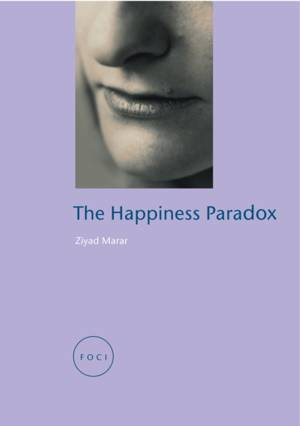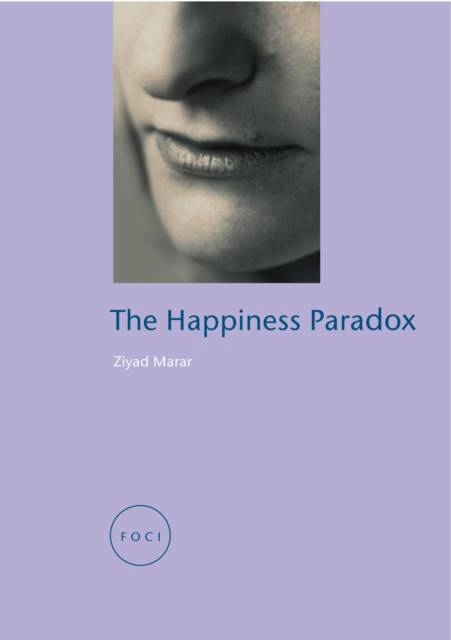
- Retrait gratuit dans votre magasin Club
- 7.000.000 titres dans notre catalogue
- Payer en toute sécurité
- Toujours un magasin près de chez vous
- Retrait gratuit dans votre magasin Club
- 7.000.000 titres dans notre catalogue
- Payer en toute sécurité
- Toujours un magasin près de chez vous
22,95 €
+ 45 points
Description
The dream of a happy life has preoccupied thinkers since Plato, and in modern times it has become one of the signature tunes of our age - the rise of therapists, gurus, New Age cults and the use of Prozac are familiar indicators of how ubiquitous the pursuit of happiness has become within Western culture. The Happiness Paradox examines how this modern obsession has evolved. Ziyad Marar shows how the state of mind we seek remains highly elusive, and much of the energy devoted to searching for happiness is wasted or even self-defeating. The author argues that happiness is a deceptively simple idea that will always be elusive because it is based on a paradox: the conflict between feeling good while simultaneously being good. It is the conflict, for example, between the desire to break rules, for adventure or self-expression, and the need to follow them to gain the approval of society; these tensions permeate what Freud called the two central parts of a happy life: love and work. Drawing on a wide and varied range of sources - from psychology, philosophy, history, popular novels, television and films - this book will engage all those who are looking for meaning within their lives. It challenges the conventional search for happiness, while suggesting a bolder way to live with one of the central paradoxes of our time.
Spécifications
Parties prenantes
- Auteur(s) :
- Editeur:
Contenu
- Nombre de pages :
- 207
- Langue:
- Anglais
- Collection :
Caractéristiques
- EAN:
- 9781861891822
- Date de parution :
- 04-01-04
- Format:
- Livre broché
- Format numérique:
- Trade paperback (VS)
- Dimensions :
- 154 mm x 209 mm
- Poids :
- 417 g







